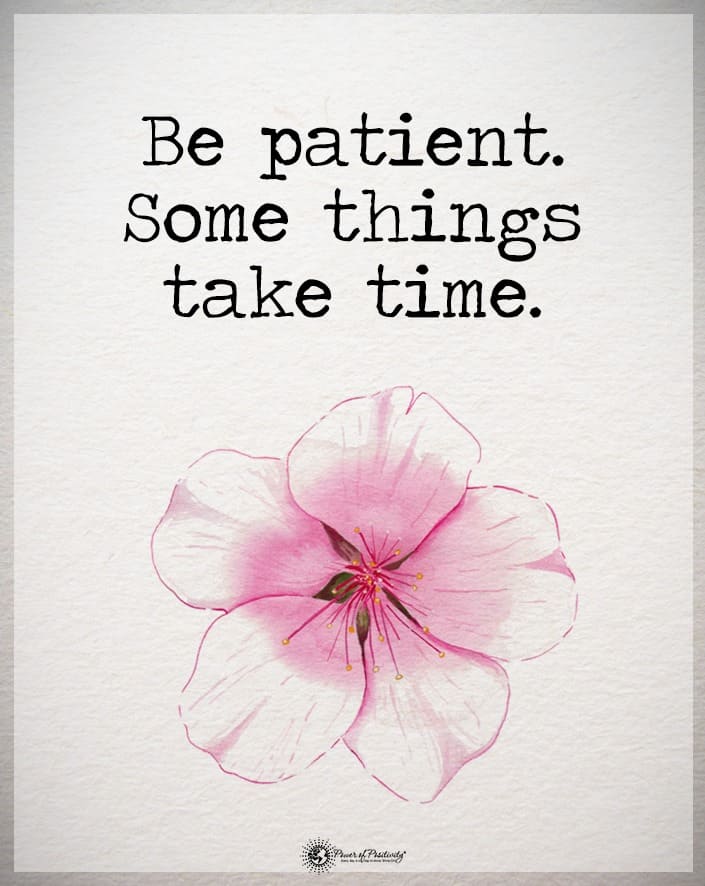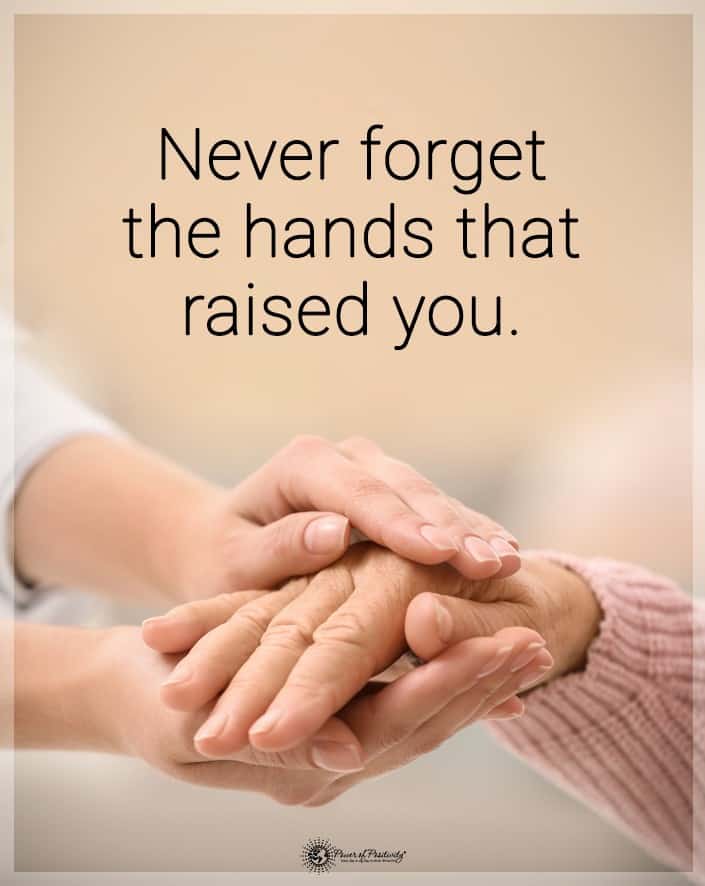Emotions are complicated. They can be uncomfortable, saddening, and challenging to manage, comprehend, and process. When you consider these facts, it’s not so surprising that many people wind up refusing to feel emotions at all, preferring to remain as oblivious to them as possible.
But let’s go deeper than that. What are the innate causes of this behavior? Is it healthy? Can it be changed?
4 Reasons Some People Refuse To Feel Emotions
Here are four reasons why some people refuse to feel emotions and help them open up in 3 ways.
 1. They Don’t Have Healthy Coping Mechanisms
1. They Don’t Have Healthy Coping Mechanisms
Healthy coping mechanisms enable people to become resilient. This means they would learn to process complex and difficult emotions or even welcome them as a chance to grow. When someone knows how to manage things that hurt, they don’t need to refuse their feelings – they can experience them and handle the results accordingly.
Unfortunately, not everyone learns positive ways of coping. They may repress their issues instead, which will lead to even worse feelings, which will lead to even more repression. People stuck in this dangerous cycle are likely to be even more adamant about refusing their emotions.
It’s often in childhood that people learn to refuse emotions. They may have failed to learn how to feel, express, and process emotions. This is especially common in men, who are often raised to believe that “boys don’t cry” and are weak for experiencing the feeling. That said, this can happen to people of any gender.
The ability to cope with negative experiences is a learned skill. It requires verbalization, self-awareness, and acceptance. It’s natural for the brain to shut down those feelings if the necessary skills aren’t sufficiently developed.
2. They Face Judgment
Judgment seems like an innocuous thing, but in the face of it, many people revert to defensiveness, attempting to protect themselves from the unspoken accusation that they face. Judgment can be extremely harmful to those who struggle to confront their emotions, as feelings are commonly the subject of such judgment. Here are some ways that this happens:
· They Judge Themselves
People are often their own worst critics. An individual may have internalized beliefs about what they should and shouldn’t feel, thereby becoming their judge for their emotions. When they feel something, someone may decide that they don’t deserve to have that emotion, that they’re harmful in some way for experiencing it, or that it’s weak to feel at all.
· They Were Judged In Childhood
Childhood patterns follow people into adulthood all the time. Someone who refuses to feel emotions may have faced invalidation for expressing their feelings when they were a child. They may have been told to “suck it up,” “stop being a crybaby,” “just be grateful,” or “stop being dramatic.” As a result, they may have learned to internalize that “lesson,” choosing to refuse emotions instead of experiencing them because that’s what they learned.
· They Are Judged By Others Now
The world can be a harsh place. Someone who opens up only to face judgment may protect themselves by repressing their emotions. When surrounded by close peers and supposed loved ones who judge them, it’s normal for a person to decide against showing any signs of emotion due to these toxic environments.
· They Fear Judgment
Sometimes, the judgment doesn’t have to be actively present to cause people to refuse to feel emotions. Learned behaviors, observed factors, and media influence can all contribute to someone’s fear of judgment. These individuals may also fear being inadequate, annoying, or over the top, therefore deciding that their best bet to avoid this is not to feel their emotions at all.
3. They Fear The Emotions
Emotions can be overwhelming. Being scared by them isn’t unusual, and that fear can be enough to make someone refuse to feel them at all. Here are some types of fear of emotion that lead to this behavior:
· Fear That It Won’t End
Some extreme emotions feel like they go on and on forever. Someone might be afraid that there will be no end to those feelings if they give in. For example, they may feel so much pain that they believe that if they let themselves cry, they’d never be able to stop. Of course, this isn’t reality. No matter how strong emotion is, it will pass. But in the face of fear of a never-ending, horrible feeling, people may not be thinking entirely logically, to begin with.
· Fear Of Unknown Feelings
Many people who refuse to feel emotions initially did so out of necessity. But now that they don’t need to do that to survive anymore, they’re faced with a startling truth: they don’t know what they’re feeling, and to try and find out could open a whole can of worms. Naturally, they’d feel somewhat intimidated by this concept.
· Fear Of Being Hurt
This one is pretty straightforward. Someone fears being hurt and therefore refuses to feel at all. It’s a common defense mechanism, especially in those who have been injured in the past. The desire to keep wounds closed – even when they’ve healed poorly anyway – can be enough to coax someone into deciding to avoid pain entirely.
· Fear Of Past Trauma
Sometimes, learning to feel emotions can mean having to process the trauma that occurred to cause the initial refusal. That’s terrifying to anyone and usually needs professional help. For many, the easiest choice is to not revisit the past trauma at all by continuing to repress their feelings.
· Fear Of Rejection
When someone is open about their emotions, they’re showcasing a vulnerability and putting their hearts at risk. The fear of the rejection of their exposure and trampling over their openness can be enough to make many opt out of the risk altogether.
4. They Have Unhealthy Attachment Patterns
Attachment patterns are typically formed in childhood. Studies have indicated that primary caregivers can completely change the way someone’s attachment style is – positive childhood attachment leads to positive patterns, but negative also then begets more negativity.
People may refuse to feel emotions because their attachment style is informed by a reality where it was safer not to feel them. Here are some caregiver experiences that can form unhealthy attachment patterns:
- A neglectful caregiver who never acknowledged or seemed to care about a child’s emotions
- An abusive caregiver who belittled and invalidated a child’s emotions
- A busy caregiver who never taught a child how to process and handle emotions
- An unaffectionate caregiver who didn’t give love to a child
- A demanding caregiver who demanded that a child toughen up and not express high-intensity emotions
 How To Help Someone Who Refuses To Feel Emotions Open Up
How To Help Someone Who Refuses To Feel Emotions Open Up
Here are a few tips you can use to help someone feel comfortable about opening up to you.
1. Use Active Listening Skills
Someone who represses or refuses their emotions is likely to have bad experiences with invalidation, judgment, and uncaring reactions in the past. They are, therefore, likely to be sensitive to even the slightest misinterpreted signs of lack of interest, even if you are genuinely listening.
This is where active listening comes in. This process refers to the skill of showing genuine interest, asking questions and paying proper attention to the responses they provide. It means showing that you are engaged, even if the person has been speaking for a while. This tip allows you to participate in a conversation even when it’s not your turn to speak.
Active listening will allow someone to feel comfortable opening up to you. They will feel heard and, if you do it well, they’ll also feel understood. Here are some ways to perform active listening:
- Make good eye contact – not too much that it’s uncomfortable, but not too little that you seem bored.
- Make noises, nods, or gestures of acknowledgment when they speak to indicate that you are listening.
- Do not interrupt them; allow them to finish speaking before you speak or ask questions.
- Please don’t make things about you by twisting them or bringing up your personal experiences unless asked for.
- Mirror their phrases; show you understand by confirming their point in your own words.
- Please don’t lie about understanding where you can’t; it’s okay to say that you can’t imagine what their pain is instead of saying that you can understand or empathize.
2. Show That You’re Okay With Awkwardness
Discussing feelings, mainly when someone isn’t used to doing so, can be awkward. That can be enough for introverts, the socially anxious, and the emotionally repressed to back off and decide not to engage. But reality states that it can take an entire month, according to studies, before conversation patterns lose their awkwardness with new people!
Show that you have no issues with initial awkwardness by handling uncomfortable conversations with grace. Don’t shy away from things that feel a little weird unless the other person asks you to back off. The goal is to show that you’re okay with the discussion not being smooth sailing, which can give someone the push they need to open up.
3. Share Your Vulnerabilities
If someone is having trouble opening up, you may have to get the ball rolling by beginning with yourself. This can create a quid-pro-quo sort of arrangement – you tell them something personal, and they respond in kind. Most people can pick up on this subconsciously.
More importantly, doing this establishes trust. It shows that it’s okay to be vulnerable between the two of you and that you’re trusting them with your issues. Often, this is all the encouragement someone needs to begin opening up, as you have established an open and welcoming dynamic between you.
However, it’s essential not to be calculative about this. Some people will take longer to open up than others, and your acts of sharing may not immediately bring forth a balanced response from them. As such, you shouldn’t share vulnerabilities that you aren’t comfortable sharing just for the sake of prompting them to do the same.
 Final Thoughts On Reasons Why Some People Refuse To Feel Emotions, And How To Help Them
Final Thoughts On Reasons Why Some People Refuse To Feel Emotions, And How To Help Them
It is not healthy to repress emotions, and yet so many people do so! If you’re trying to be there for someone like this, then understanding their motivations for such behavior and providing them with the opportunity to open up can help them work through these difficulties.




















